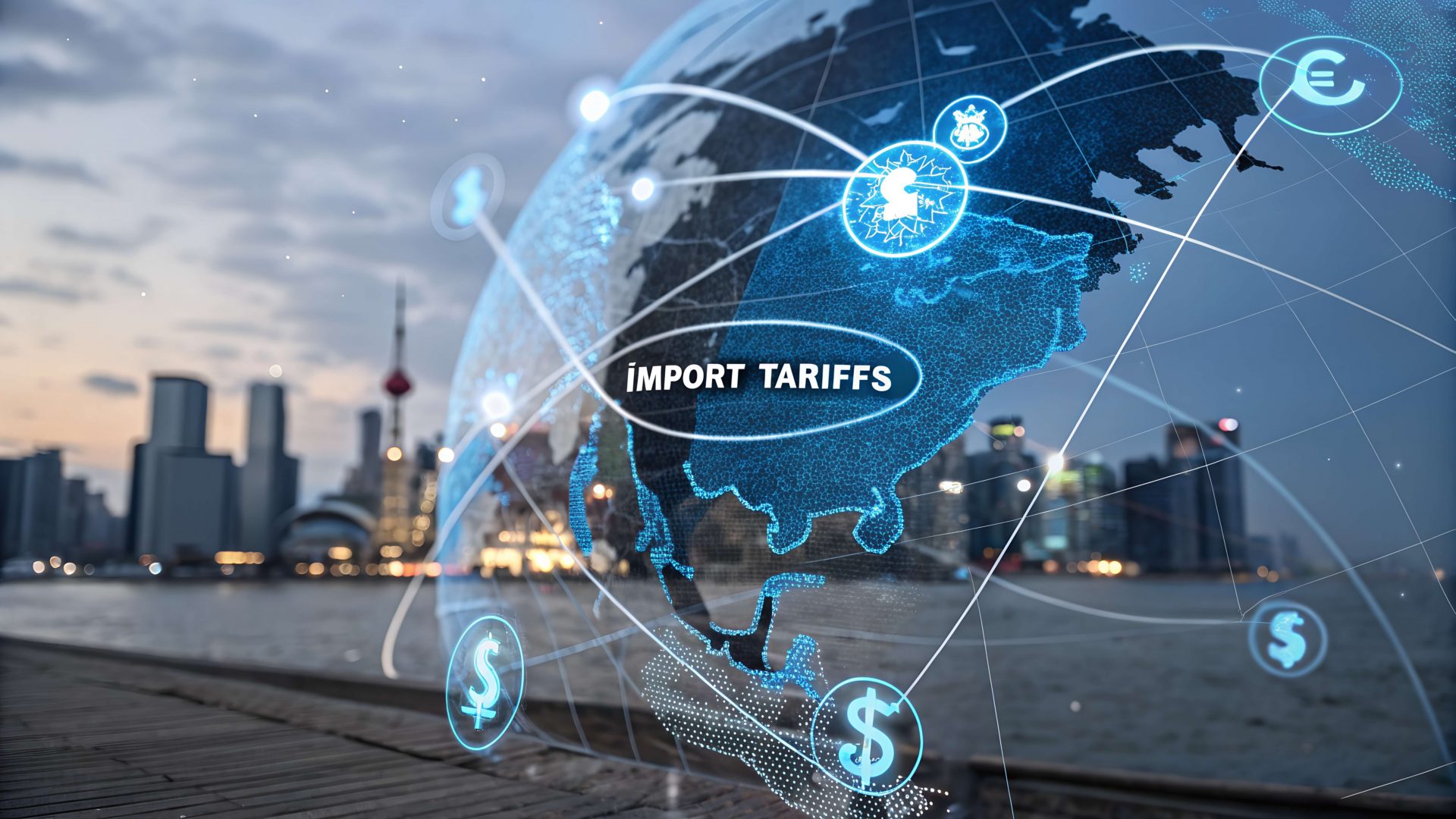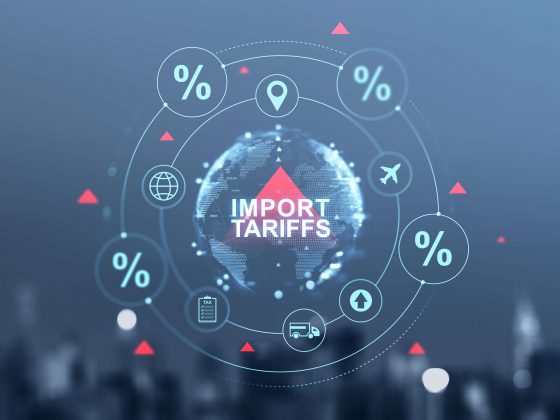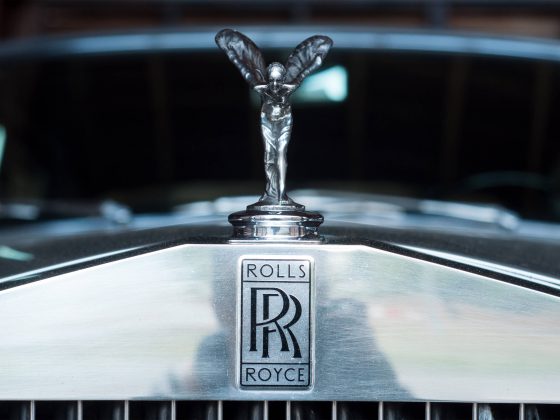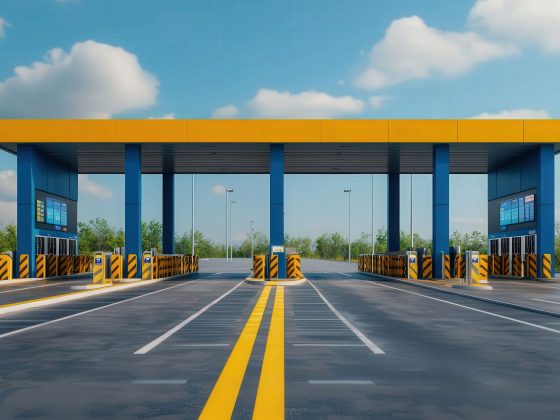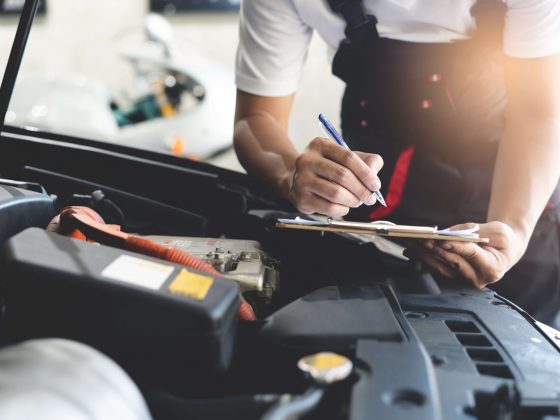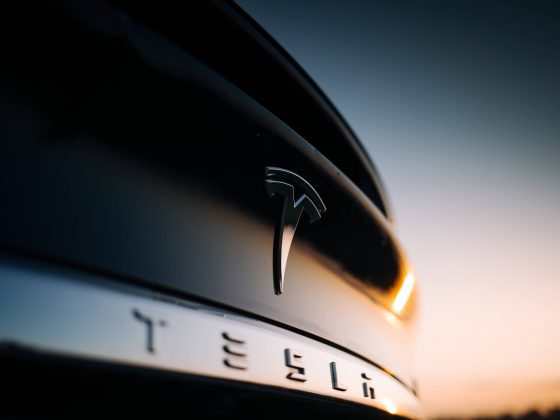Happy Tuesday, friends and visitors. If this is your first time stumbling upon our blog here in the world of eTags, we welcome you! If you’re returning to us like the loyal reader you are, a warm welcome back to you! Either way, we’re happy to share this space with as we explore all things automotive.
Use eTags© to Quickly Complete Your DMV Service. Renewals, Title Transfers and More, All Online!
As you may be aware, we like to dip our toes into all things tag and title related – it’s what we do here, and what we love. But there are also rules and regulations to consider, new and changing laws, car trends and motorcycle advances. We love these things too. And we’d be remiss if we didn’t pop back into this arena with the latest news regarding the tariffs.
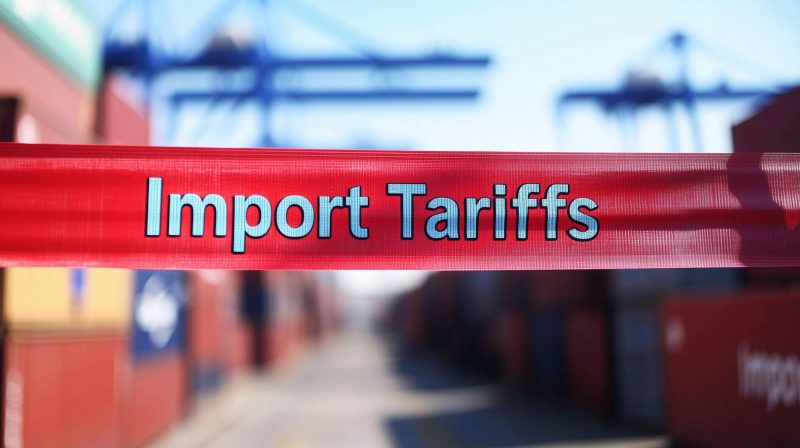 What tariffs, you may ask?
What tariffs, you may ask?
Here’s a little recap for those of you that might not have heard about what’s going on.
Last month, in March of 2025, President Trump enacted a set of new taxes to be levied on goods imported to the United States. This went into effect this month of April 2025. The tax comes with a whopping double-digit number of 25%. And this is in addition to import taxes already in place.
So, what’s the big hullabaloo? The big deal is that these extra fees have been applied to countries like Canada, China, and Mexico, who not only supply a big portion of the goods sent to the U.S., but as you can imagine, are quite heavily involved in the automotive industry. A significant number of vehicle manufacturers – both American and foreign – maintain factories and presences in the named countries. 
Everything from parts to full vehicles imported to the United States from these places now are subject to an extra 25% tax fee. And while the countries themselves do not pay these costs – the importer does. Meaning, that companies such as Ford, GM, Toyota, Audi, Dodge, Ram, and more are now obligated to fork over this extra money. And it follows that this expense must be passed onto the consumer. Or does it?
Today we wanted to check in with what’s going on in the automotive world. We want to know how automakers are responding. How are the people reacting to what can only be a significant surge in pricing on cars, trucks, SUVs, and motorcycles?
Of course, this is a developing story and has not reached any sort of certainty just yet. But here’s what we know this week:
Jaguar Land Rover (JLR)
This luxury brand depends on the United States for about 25% of their global sales, but as they have no manufacturing presence at all in the U.S., they have paused shipments on all vehicles. It seems this is a temporary stay, buying some time for the company to figure out just how they will deal with the tariff.
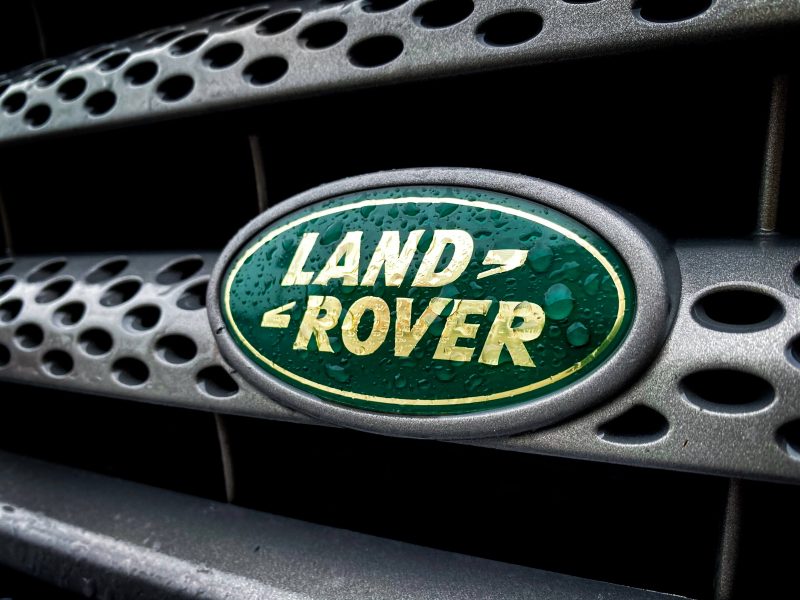 The “simple” solution would be for them to build a plant on U.S. soil, thereby avoiding import fees. This, however, would cost the automaker more than $1 billion and a minimum of two years lost in U.S. sales. So, for now, we are waiting and watching to see what’s next for JLR.
The “simple” solution would be for them to build a plant on U.S. soil, thereby avoiding import fees. This, however, would cost the automaker more than $1 billion and a minimum of two years lost in U.S. sales. So, for now, we are waiting and watching to see what’s next for JLR.
BMW
The German carmaker has promised to cover tariff fees on their vehicles being built in Mexico. This includes the 3-Series sedan, the 2-Series coupe, and their M2 model. But this assistance is – for now- only valid until the 1st of May. After that, no one knows if they will continue to import and pass fees onto the customer or find some other alternative.
Stellantis
The manufacturer that keeps Chrysler and Dodge models under its umbrella will be enacting two different tactics for now.
- One: they have temporarily paused the building of the Pacifica and Voyager minivans whose entire production is held in Canada. Dodge will also see a pause in Canadian production.
- Two: Stellantis is offering an incentive to prospective buyers buy making employee pricing available on eligible models until the end of this month – April 2025.

Audi
Audi managed to slip in one last shipment before the deadline of April the 3rd, and so any vehicle that made it to the U.S. before the tariff went live, is being sold with the tagline of “No Added Import Fee.” But this supply is limited, and for the time being, it seems that Audi has halted all imports to the U.S. Word is that they German automaker is taking some time (like several other automotive companies) to assess the situation and determine their best course of action.
GM
The parent of Cadillac, Chevrolet, Buick, and GMC has stood behind Trump’s decision to levy the tariff, and have been verbally supportive of the decision. That said, GM has a good amount of manufacturing of their super-popular full-size trucks taking place in both Canada and Mexico, and will, at some point, need to come to some sort of solution to the tariffs increased costs. Rumor has it that for now, the auto giant as increased production on their mid-size trucks being assembled on U.S. soil in the state of Indiana.
Honda
There has been no recorded change to prices, production, or imports for Honda so far. A major presence across the U.S., the automaker is, like many others, figuring out its next steps, trying to do what is best for both the manufacturer and the consumer.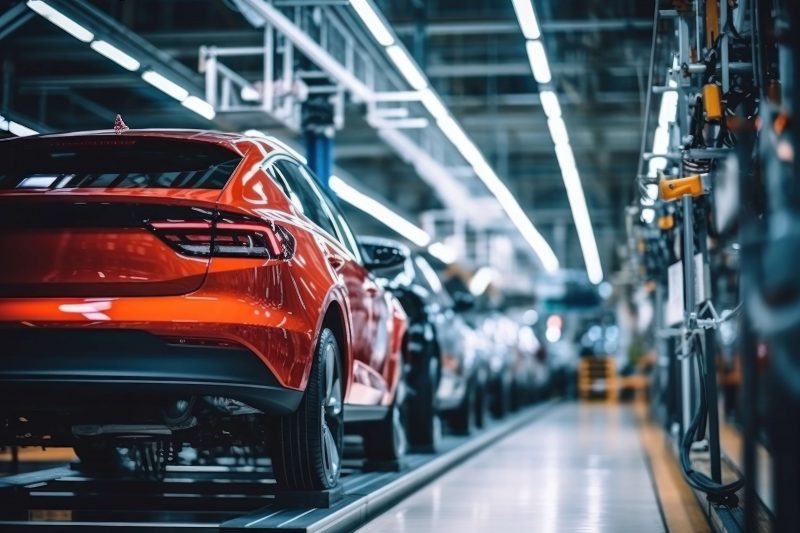
Hyundai
While Hyundai has not yet announced any price changes – increase or decrease – they have decided to cut what was possibly the biggest incentive for consumers considering buying one of their vehicles: their “Customer Assurance” program. One of the best maintenance programs available, the loss of this extended assistance will likely factor into the decision of potential consumers beginning with Hyundai’s 2026 models.
Ford and Lincoln
The two American manufacturers have agreed to offer an employee discount to all customers from now through June 2nd on all eligible 2024 – 2025 models. This discount is meant to equal a savings of thousands of dollars.
All in all, the responses of automakers in general seem to be similar: measured, tentative, and temporary.
While manufacturers may be scrambling or even quietly panicking at the moment, here at eTags we are curious and looking forward to seeing positive resolutions to the tariff’s price increase across the board.
